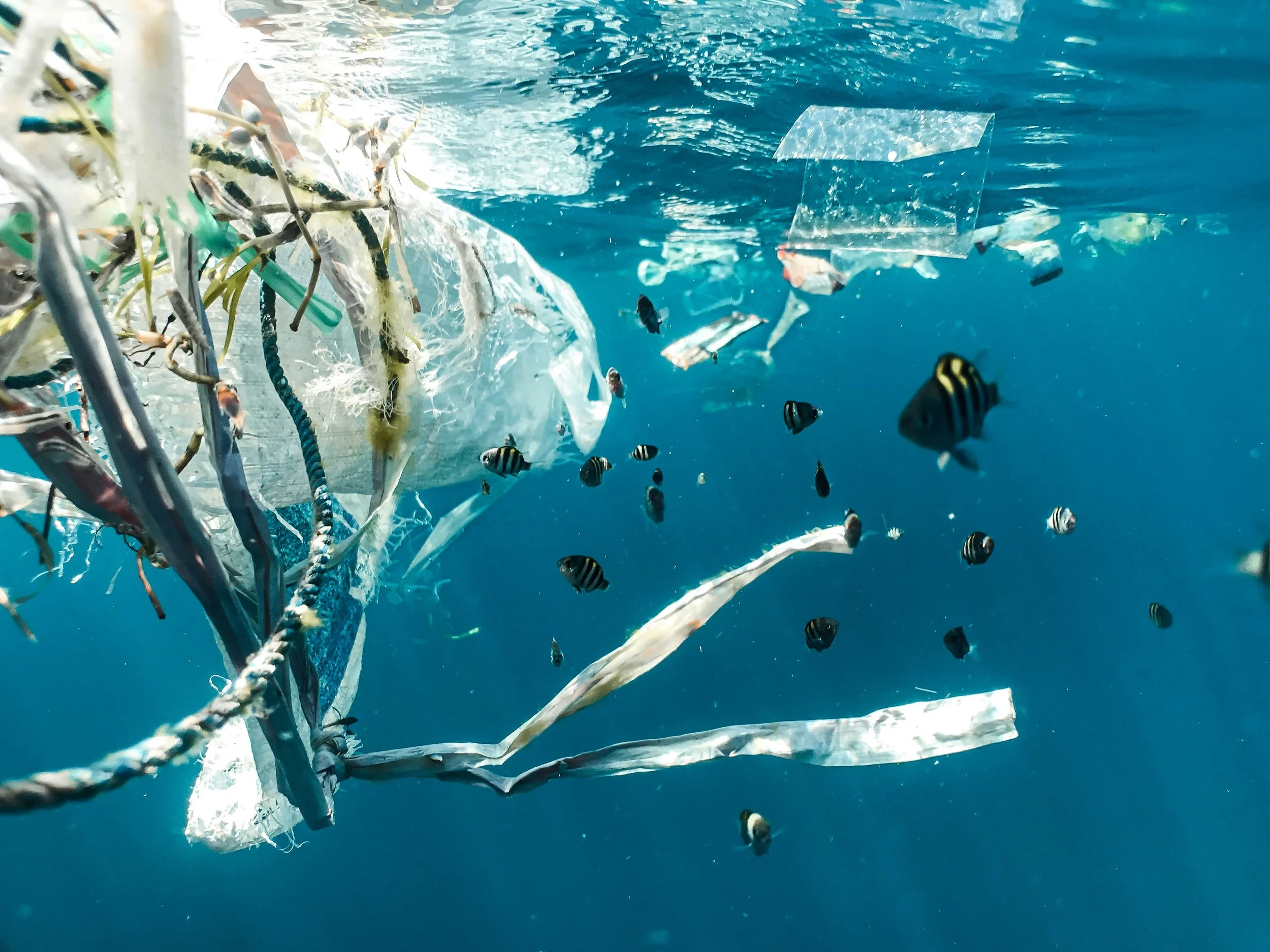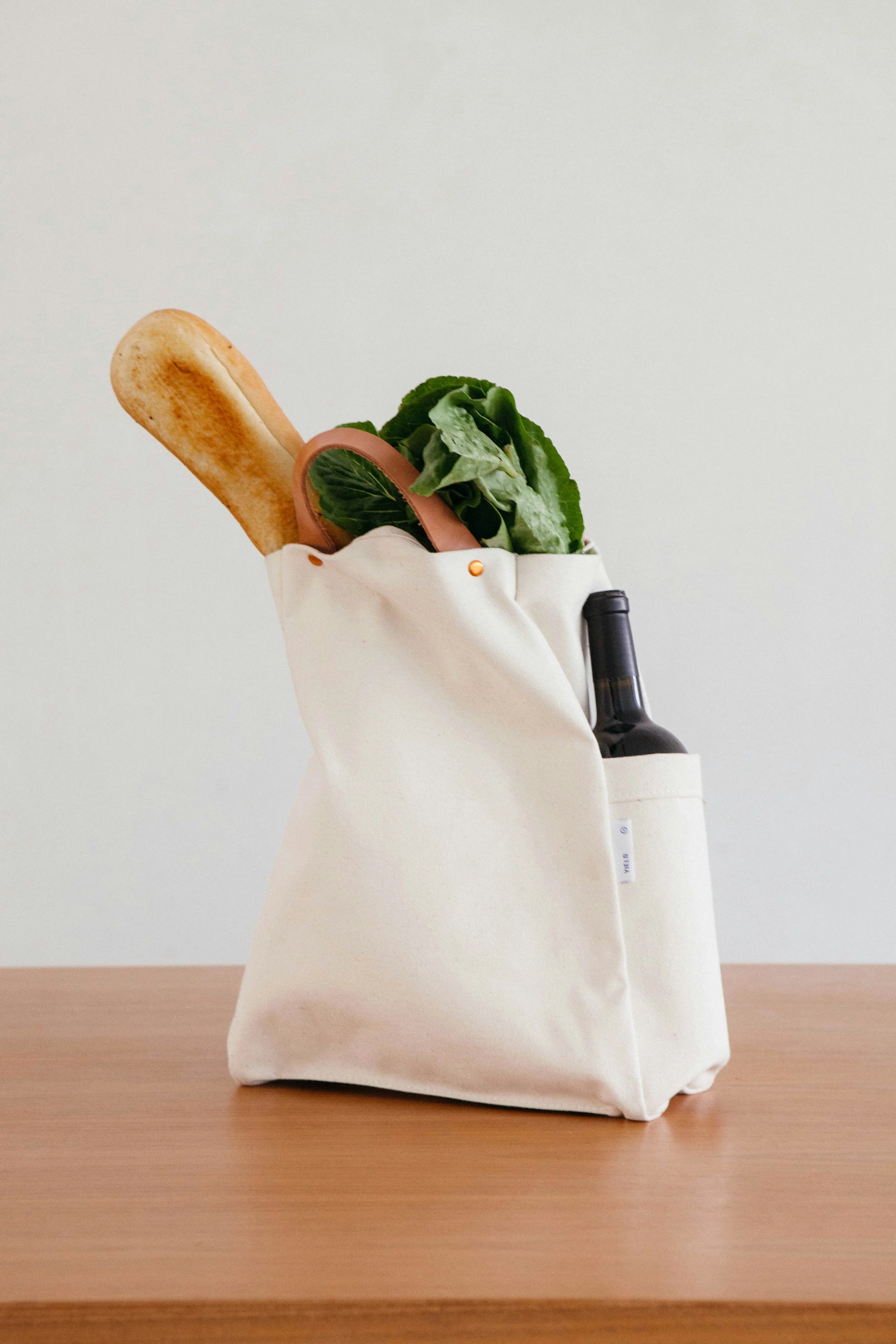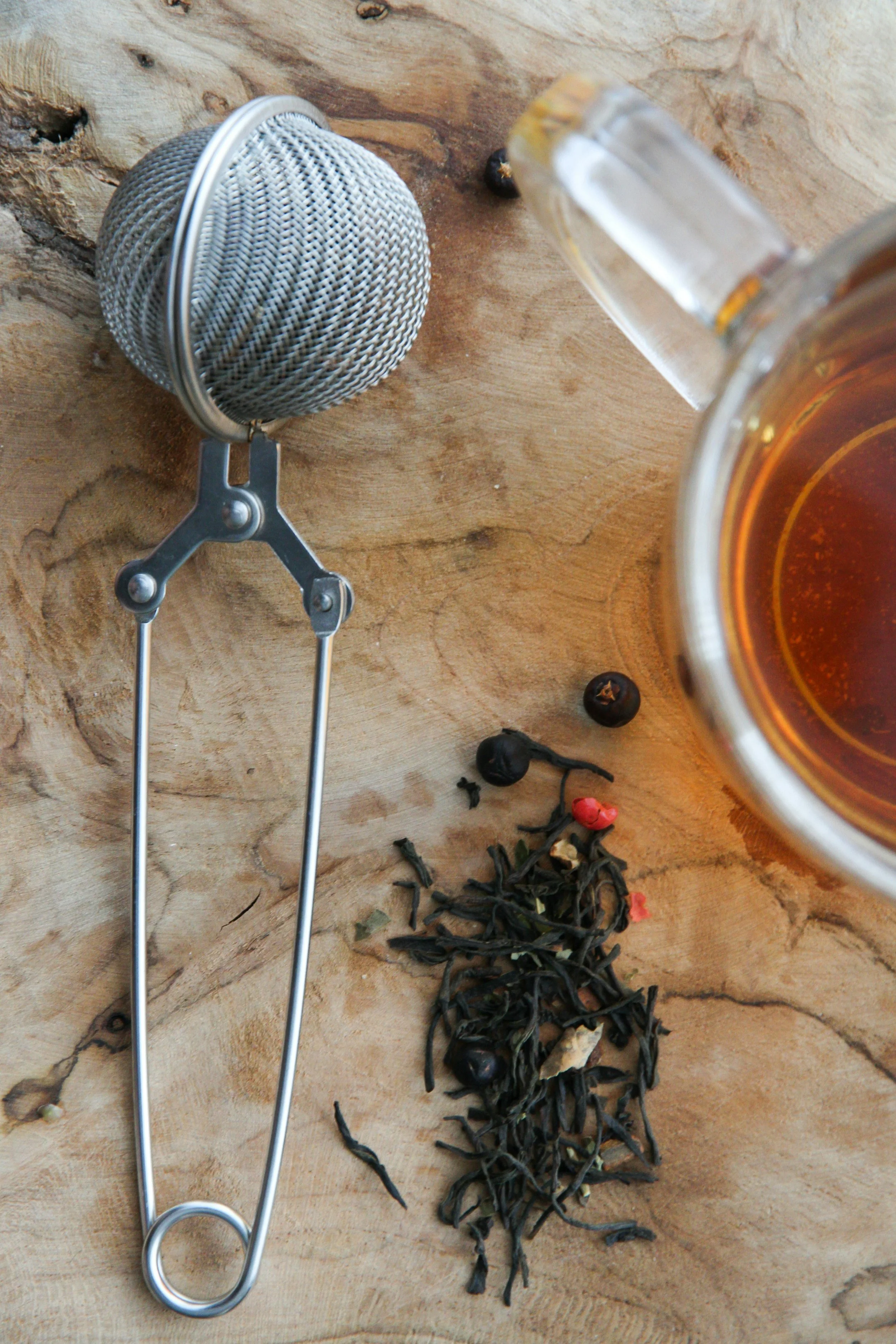Avoid Plastic Clutter This Month for a Healthier, More Organized Home
You’ve probably seen some crazy statistics about plastics.
We could be ingesting as much as 5 grams of plastic every week, according to one study.
Our brains contain about a spoon’s worth of microplastics and nanoplastics.
It can take anywhere from 20 to more than 400 years for plastic to break down.
There are millions of tons of plastic pollution in the world’s oceans, and millions more are added to our oceans every year.
All of this plastic waste is harmful to marine animals, our planet, and our health. That’s why July is known as Plastic Free July. It’s a great time to challenge yourself to give up single-use plastics for one month.
Plastic pollution in the ocean is on the rise, and it can affect the health of fish and other marine life. Going plastic-free in July can cut down on how much plastic makes it into the world’s oceans. (Photo by Naja Bertoldt Jensen, Unsplash)
What does Plastic Free July have to do with having an organized home?
Plastic Free July was started in 2011 in Australia, and it’s become more well-known every year.
You may wonder what plastics, especially single-use plastics, have to do with decluttering your home or getting more organized.
It’s really all about simplifying, consuming less, and bringing fewer things into our homes.
When we buy fewer things, it’s easier to stay organized and tidy. This includes plastics. Think of all the waste from plastic shopping bags or plastic packaging on food and personal hygiene products.
Plastic packaging is everywhere, including on packaged foods. Think of how much plastic your food comes in contact with before and after it reaches your home. This is a good place to look for plastic-free options. (Photo by Roniz Daluz, Unsplash)
An important part of decluttering is becoming more mindful about everything in our homes and what we choose to bring into our spaces.
To help you in your journey to live a less cluttered, more minimalist, and more sustainable life, I’m sharing a few easy ways you can participate in Plastic Free July.
17 Ways to Give Up Plastics This Month
The first step is just awareness.
Look around as you’re shopping for groceries. What is packaged in plastic? Where can you choose to avoid the plastic?
Where else do you encounter single-use plastics in a typical day or in your usual week?
Here are 17 easy ways to get started with your own plastic-free challenge for July. (Or any time!)
1. Skip the plastic water bottles. Carry a reusable water bottle anytime you’re on the go, so you won’t be tempted to buy water in a plastic bottle.
2. Keep stainless steel or bamboo utensils handy in case you need them. Then you won’t need plastic utensils if you get takeout.
3. Shop at local farmers’ markets, as you’re more likely to find food or other goods that aren’t packaged in plastic.
You can find fresh food, that isn’t packaged in plastic, at a local farmers’ market. (Photo by Ginny Rose Stewart, Unsplash)
4. Swap plastic cling wrap for beeswax wraps when you’re preparing or storing food at home.
5. Say no to plastic straws and use your own metal or biodegradable alternative straws. They can be made from everything from paper to sugarcane.
6. Use reusable tote bags made of canvas or other fabric instead of using a store’s plastic shopping bags.
7. Bring reusable produce bags to the grocery store so you can bypass the plastic bags for fruits and vegetables.
8. Use bar soap instead of liquid soaps, which are packaged in plastic.
You can find bar soaps and even bar shampoo or conditioner. It’s an easy swap so you can avoid plastic bottles. (Photo by Isaak Gutierrez, Unsplash)
9. Skip the shampoo and detergents in plastic bottles, and visit a local refill store. You can bring your own glass containers and fill them with soaps, lotions, sunscreen, shampoo, conditioner, and more.
Here in metro Atlanta, you can find lots of refill options at Joyful Jarra in West End or Avondale. If you’re not in Atlanta, you can order eco-friendly swaps like concentrated refills, biodegradable trash bags, or laundry detergent sheets.
10. Choose reusable containers for takeout or deli items where possible. It’s easier to avoid plastic packaging if you can shop at a local deli when purchasing meat or cheese. Also, some local bakeries encourage bringing your own containers for to-go orders. I’ve seen bakeries even offer discounts when you bring your own container because it saves them money on takeout boxes.
11. Cook at home more often. You’ll avoid plastic from takeout containers.
12. Buy food in bulk, when possible. Rather than buying 5 individual serving cups of yogurt, buy the larger container and scoop out each serving. Choose large containers of snacks like nuts or crackers, instead of single-serving packages in plastic.
13. If your coffee maker uses individual pods to brew coffee, switch to a reusable pod that you can fill with coffee grounds. All those little Keurig- and Nespresso-style coffee pods add up to a lot of plastic!
14. If you buy eggs, choose eggs packaged in paper cartons instead of plastic. Eggs are also a great item to buy from local farmers’ markets, where they are less likely to be packaged in plastic.
15. Buy fewer frozen foods. Most of their packaging is plastic.
16. Use reusable containers when packing lunches for school or work. Skip the little plastic zip-lock sandwich and snack baggies.
17. Switch to loose-leaf tea. Traditional tea bags contain plastic, but it’s easy to avoid them by using loose leaf tea in a reusable tea infuser.
A reusable tea ball can help you break up with disposable tea bags, which often have plastic. (Photo by Melanie Dijkstra, Unsplash)
See how easy it was for us to find 17 opportunities to refuse plastics and choose more sustainable options?
Beyond Plastic Free July
I hope these ideas have been helpful!
To continue making your home and your life more sustainable, check out the book F**K Plastic: 101 Ways to Free Yourself from Plastic and Save the World.
You probably already do curbside recycling at your home, but look into which plastic items curbside recycling won’t take. Then, you can find a local place that accepts more items. For example, most local recycling programs don’t accept stretchy plastic like grocery bags, produce bags, or newspaper sleeves. You can drop these off at a hard-to-recycle center. In Atlanta, there are a couple of locations of CHaRM, where you can take these items. Once you visit one of these centers, you’ll realize how easy it is!
Giving up single-use plastics sounds challenging at first, but with practice, it becomes easier. Now that you know what to look for, you will start to see other opportunities to choose more sustainable materials. The benefits of a healthier, more organized home are worth the little bit of extra planning when you’re getting started.
If you’re in metro Atlanta and would like help decluttering your space while also getting tips on making your home more sustainable, let me know. I’m here to help, and I know every small change makes our homes and our planet healthier!
Xoxo,
Michelle
Michelle@designingwithless.com
Atlanta-based professional organizer Michelle Parravani







